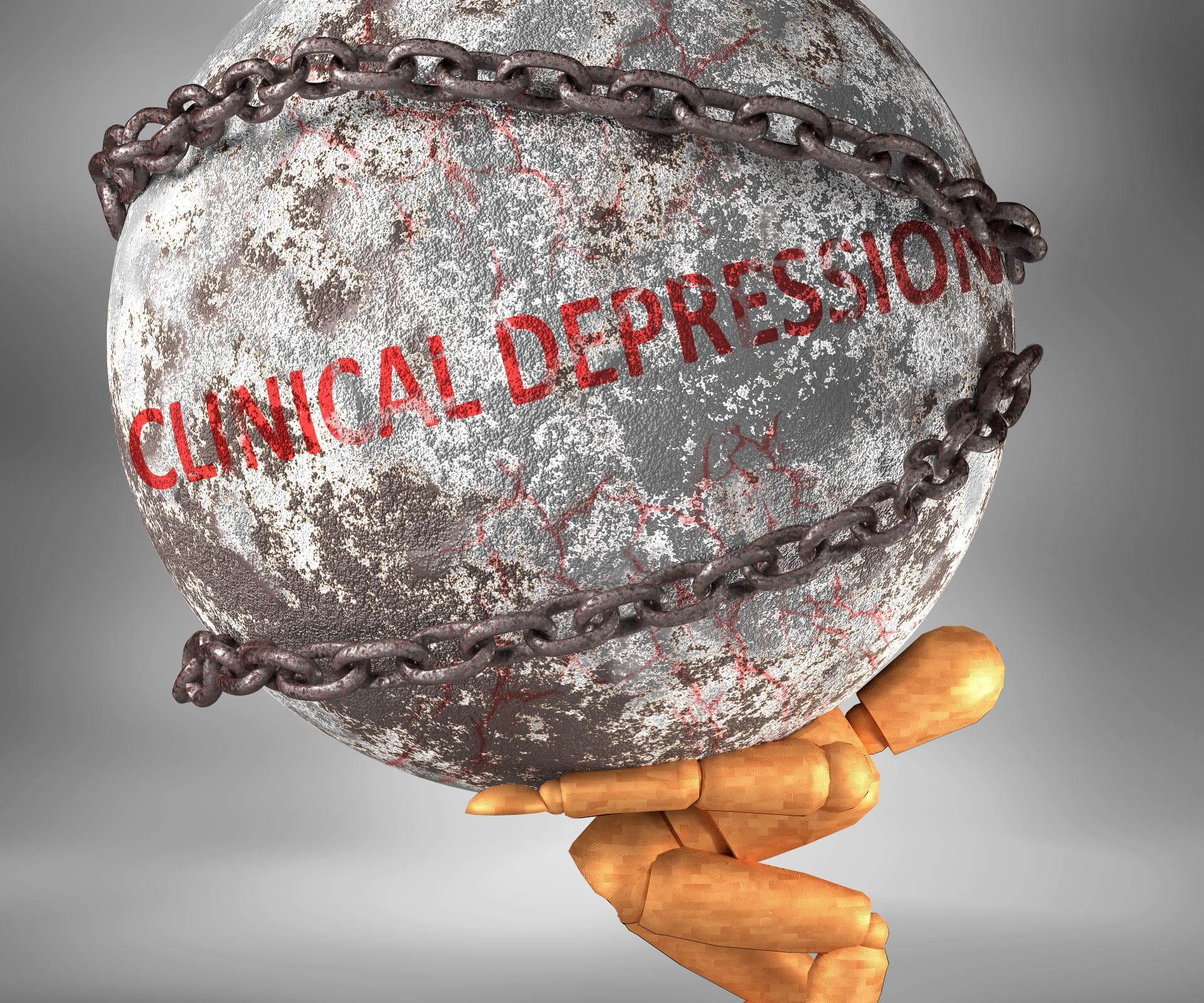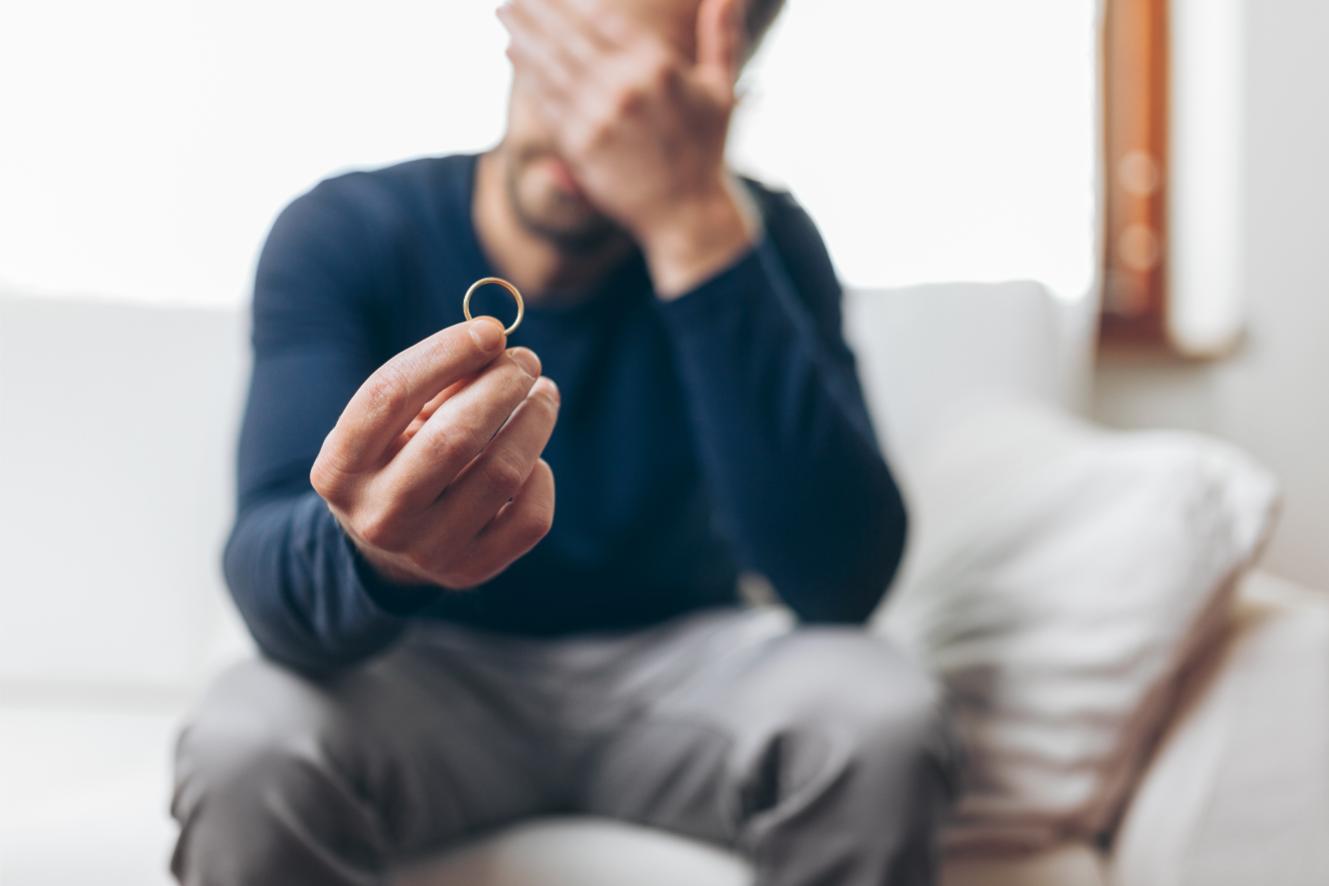A breakup is seldom easy, most times it is not an amicable thing and somebody’s world always gets flipped upside down. Emotions surge and while some may accept the relationship is over and move on quickly, others may find themselves in the clutches of depression. Do you think you or a loved one may be experiencing this? It is common to feel sad after a breakup, but mere sadness and depression are two different things. It is very important to recognize and treat depression before it damages the rest of your relationships and eats away at your once beautiful life. Let us help you through how to deal with break up depression.
Why Breakups Can Be So Hard
Romantic love tends to be very similar to a drug addiction in the earlier stages. Your relationship will trigger the release of your brain’s, feel good chemicals just like a drug and when you lose this relationship anxiety and tiredness can set in causing more emotional problems and even physical problems as well.
When you are overcome with emotional stress, your body releases stress hormones. Stress is known to affect us in a number of ways. So much so that one can even feel like they are having an actual heart attack. If your identity has been wrapped into the “we” of the relationship it can be even that much harder to make a clean and healthy break.
Common symptoms of break depression include:
-
- Sadness
-
- Loneliness
-
- Irritability
-
- Changes in appetite
-
- Problems sleeping
-
- Getting too much sleep
Symptoms tend to be more severe when people were living together, in a long term committed relationship, being a teenager, young adult or female, or when one party did not expect it. The latter can also add feelings of betrayal and rejection.
Break Up Sadness – How Long Does it Last?
An article in the UK Telegraph indicates that it takes approximately 18 months to get over a divorce. Other literature indicates around three months. The truth is, how you deal with a breakup will impact how long you are feeling sad and heartbroken after the relationship has been undone. The sooner you seek the help you need to strengthen yourself mentally and emotionally, the faster you can get over your breakup related sadness and depression.
Diagnosing Depression
To get a diagnosis of depression you will need to see a health care practitioner. This can be a mental health practitioner such as a psychiatrist or your general practitioner. While you or a loved one may be able to identify symptoms of depression, only a professional can confirm a diagnosis. This is especially true after a break up as there are many emotions that a breakup can lead to that are totally normal. Here is a list of health and unhealthy reactions to a breakup to help you understand more clearly.
The following feelings are normal and healthy after a breakup:
-
- Frustration
-
- Anger
-
- Sadness
-
- Crying
-
- Fear
-
- Insomnia
-
- A general loss of interest in activities one previously enjoyed
While these feelings are considered negative, they are a part of the normal reaction to a breakup. They will improve over time though in a case of it being simply the break up blues. If you find your symptoms not improving or getting worse over a couple weeks then you may have a problem. A diagnosis of depression may be made if you have at least five of the following symptoms and are feeling constantly sad and low for a period of two weeks minimum.
-
- Feelings of hopelessness most days for the entire day
-
- Change in appetite
Do you struggle with depression?
We have clinicians expert on depression, feel free to read about them, or book a free consultation to review your situation.
-
- Changing in weight
-
- Change in sleeping patterns
-
- Loss of interest in activities you once enjoyed
-
- Increase in movements such as hand wringing or pacing
-
- Slower movement or speech
-
- A complete lack of energy
-
- Feelings of worthlessness
-
- Difficulty making decisions or concentrating
-
- Suicidal ideation
Do you struggle with depression?
We have clinicians expert on depression, feel free to read about them, or book a free consultation to review your situation.
Who Can Suffer from Breakup Depression
No matter how strong you are, you can fall prey to breakup depression. There are some people though who are at higher risk. Those with a history of mood disorder or depression may be more prone to depression after a breakup. Hormonal changes in women around the time of a breakup may also further exacerbate the symptoms and major life changes such as grieving the death of a loved one or a job loss can also make one more prone to depression.
How to Clean Up Your Broken Heart

Even when relationships end mutually, break-ups are still hard. There will be a grieving period and it will suck a little. You may go into the breakup thinking that you will be okay in just a couple weeks, but sometimes this can turn into a couple months.
One of the hardest symptoms of depression to deal with is the feeling of not being able to help yourself. This can be especially strong if the other person initiated the breakup. It is easy to feel lost and vulnerable during this time. It is important to note that this feeling, though very real, is not something that will last forever. There are many treatments for depression, therapy is one of them that is known to have a good long term success rate.
Here at Estadt Psychological Services we offer therapy to treat depression as well as other mental health issues. Everyone mourns differently and professional counselors are equipped to deal with people from different backgrounds and with different histories. A therapist can help you manage your symptoms and improve them so you can get over your breakup and get back to living a fulfilling life.
When Breakup Depression Turns into Clinical Depression

You can be depressed and still have good days. Depression is known to be cyclical. So you could feel better and later get sad again. When left untreated, this can go on for years. It is best to get depression as soon as it starts to show up.
There are people who have found their healthiest selves through breakups. They come out feeling better in spirit and may even find stronger versions of themselves. All this can be done with the help of a therapist.
Why You Should Talk to a Therapist
After a breakup, there is usually a lot to unpack emotionally. A therapist is the right person to help you process these feelings so you can move forward.
When you experience a breakup, a stream of negative emotions and thoughts about yourself. You may ask yourself what you did to push your partner away or think you were not good enough about them. They may just have not been interested in the same long term goals and it doesn’t have anything to do with you and who you are as a person.
There are times when you may be at fault, for example if you are looking for something serious but choosing people who are looking to remain casual. If you present yourself as okay with a particular treatment when you really aren’t. These things may be some of the things that cause problems in relationships and cause them to move towards an end.
It may be difficult to find what you did wrong in the relationship, but if and when you do you can change your process of selecting a partner.
A breakup is a major life transition and it can be stressful. It may be accompanied by depression, addictions, anxiety and low-self esteem. Therapy can be the help you need so you can learn the skills to get through this time and other major life stresses down the road. When you seek therapy you will be able to meet this challenge of your breakup and change your life for the better.
If you or a loved one is ready to take the first step you can choose to request an appointment with us.
Do you struggle with depression?
We have clinicians expert on depression, feel free to read about them, or book a free consultation to review your situation.
Do you struggle with depression?
We have clinicians expert on depression, feel free to read about them, or book a free consultation to review your situation.
